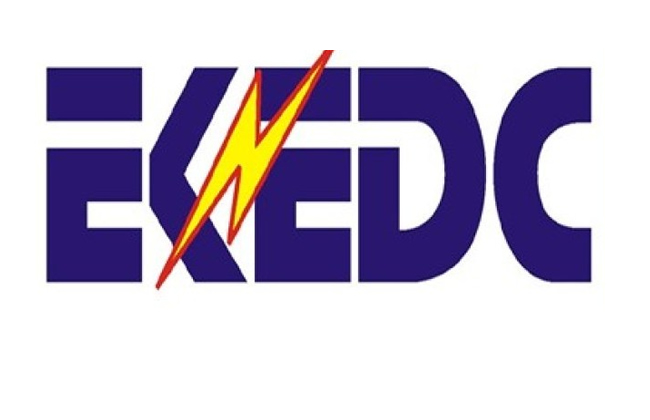
NERC approves the upgrade of 60 more EKEDC Feeders to Band A, Total now at 134
… Reduces tariff to N206.80 per KWh from N225

The Nigerian Electricity Regulatory Commission has approved the upgrade of 60 additional feeders of Eko Electricity Distribution Company, bringing the total to 134. The upgrade follows a review of the feeders in line with their capabilities to give the customers classified under the feeder at least 20 hours of power supply daily.

The feeders are Agbara Local T5, Agbara Local T6, Beecham, Medallion Data Centre, Custom 2, New Idumagbo, Federal Secretariat 33, Berkley Express, Ilubirin, Old Niger, Ajele 1, Ajele 2, Commercial, NIMASA, Apapa Mains 1, Apapa Road Local T1, Apapa Road Local T2, Amuwo Local T3, Promenade, Kirikiri Express, Causeway 1 33, Abeokuta XI, Alcove Homes, Sabo 33, New Yaba (Akangba), NRC (Akangba), UNILAG, Print Serve, Causeway 2, Psychiatric, UNILAG 1, Engineering Close, Alagbon Local T2, Alagbon Local T1, Anifowoshe 1, Anifowoshe 2, Anifowoshe 3, Fowler 1, Fowler 2, Federal Palace Express, IHS, Ademola 1, Utilita, Novatel Hotel, Lekki, New Yaba (Akoka), NAFDAC (New Yaba), Federal Medical Store, Ladipo, LUTH Complex, Randle, Ijesha (Itire 2), LUTH, Idi Araba 33, Isolo Local, Iba 33, Ojo Local T1, Ojo Local T3, Adelabu 1 and Adelabu 2.
This was revealed in a statement by the General Manager, Corporate Communications of EKEDC, Babatunde Lasaki who displayed optimism in the Company’s capacity to accommodate more feeders in the Band A category subject to the commission’s approval. He further stated the EKEDC’s commitment to improving its services by leveraging technology and improving turnaround time on fault resolution.
“We will continue to meet our obligations to our customers by giving them power commensurate with their tariff classification. Being value-driven is one of our core values and we remain resolute in keeping to our service promise to our customers. We won’t stop until all our customers have a minimum of 20 hours daily”, Lasaki added.
The commission also announced a downward review of the tariff from N225 to N206.80 per kilowatt-hour due to changes in foreign exchange, inflationary indicators, generation and transmission costs.



